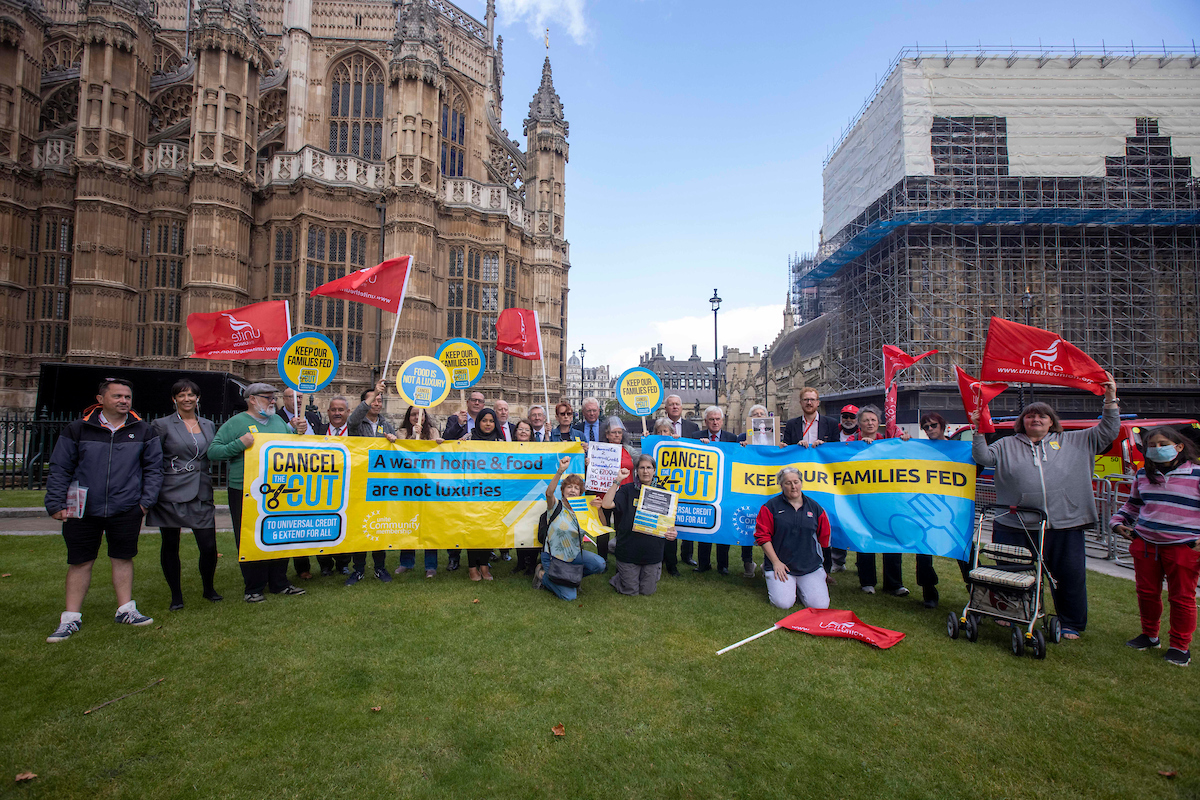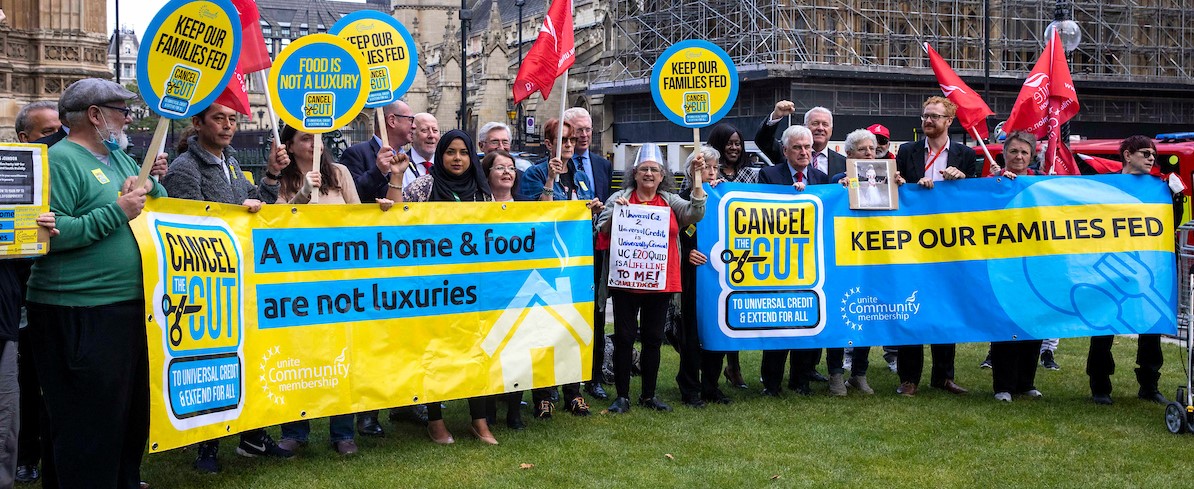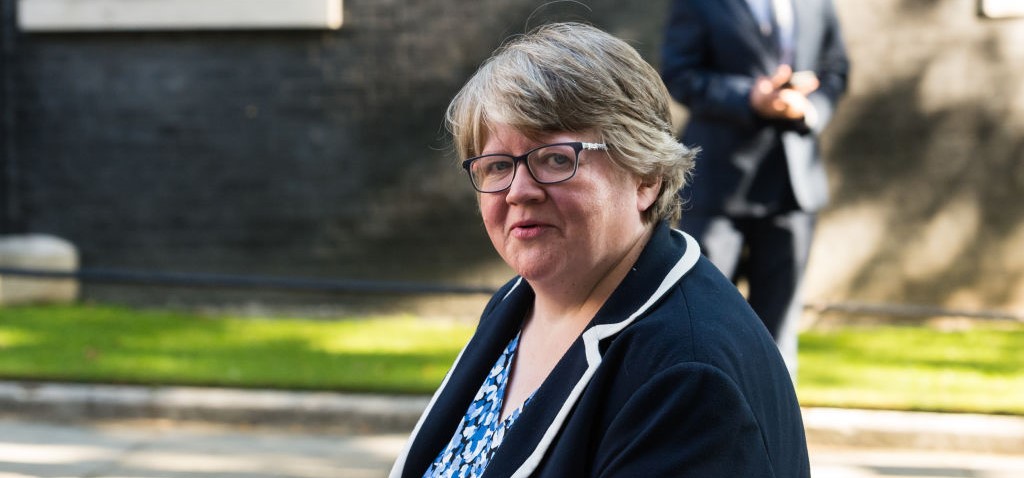Admit the truth call
Under increasing pressure to change tack on Universal Credit, work and pensions secretary Amber Rudd has herself admitted that the government’s flagship welfare reform has contributed to a rise in food bank use.
Responding to a ministerial question this week (February 11) from Labour MP Sharon Hodgson, Rudd said, “It is absolutely clear that there were challenges with the initial rollout of universal credit, and the main issue that led to an increase in food bank use could have been the fact that people had difficulty accessing their money early enough.”
Rudd’s admission is a stark U-turn from the previous Tory party line – in 2017, Tory MP Jacob Rees-Mogg called skyrocketing food bank use “uplifting” and said that it had proliferated simply because more people knew food banks existed.
Mogg’s comments echoed one of Rudd’s predecessors, former work and pensions secretary Iain Duncan-Smith, who in 2014 claimed that “there was no evidence as to whether food bank use is supply-led or demand-led,” essentially arguing that more people were using food banks because more food banks existed.
And last year in October, Alok Sharma, a junior work and pensions minister refused to comment on a report from food bank charity Trussell Trust which found their food banks were four times busier in areas where Universal Credit had been rolled out.
When asked about the report three times on BBC Radio 4’s Today programme, Sharma said only “there were many reasons” why people turned to food banks and one cause could not be identified.
Amber Rudd’s latest admission that Universal Credit can in fact be linked to rising food insecurity comes as the work and pensions secretary announced in January a series of U-turns on the welfare reform.
Rudd confirmed that the DWP would pause the â€mass migration’ of 3m people onto Universal Credit from the legacy benefits system and instead undertake a pilot with 10,000 people.
Other changes to UC announced included a new system for private landlords to request direct rental payments from tenants and provisions to pay childcare costs for claimants in advance if needed. Rudd said the government would also scrap the extension of the so-called â€two-child policy’, which caps benefits for families with more than two children.
The partial roll-out of the policy applied to all children born after April 2017Â and has slashed benefits for many families by up to ÂŁ2,800 a year. The policy was set to come into force for all children, not just those born after April 2017, in February but Rudd rowed back on the extension last month.
Rudd moreover said that the benefits freeze implemented by chancellor George Osborne in 2015 would end next year.
Unite Community national coordinator Liane Groves said Rudd’s latest admission that Universal Credit is in fact linked to rising foodbank use has been a long time coming.
“That Amber Rudd has finally admitted to the link between Universal Credit and rising food bank use – coupled with several U-turns on the policy last month – shows that this Tory government can no longer simply deny the horrific reality faced by those struggling to feed their families.
It is a national scandal that it has taken until now for the government to do this despite mountains of evidence pointing to the very real hardship that Universal Credit has caused for families up and down the country.
“Universal Credit has been riddled with failures since the policy’s inception,” she added. “Now it’s time for the government to go one step further and admit another truth – Universal Credit does not work and should be scrapped now.”
 Like
Like Follow
Follow


